Welcome to the Digital Humanities Research Network’s Oral Interview project that is documenting digital humanities and digital humanists at the University of Wisconsin. The project is hosted by Heather Wacha. All interviews are edited and produced by Heather Wacha and Laura Schmidt.
We interview students and scholars around the UW campus and talk to them about their projects, methodologies, successes, challenges and overall insights as digital humanists! It is our goal to create a digital oral archive for both the UW community and the public at large who are interested in watching DH develop as a vibrant and essential part of humanities scholarship in the twenty-first century.
These are the interviews that you can access:
 Rob Howard, professor of Communication, Religious Studies, and Folklore in the Department of Communication Arts at the University of Wisconsin and Director of the Undergraduate Digital Studies Certificate blends together his thoughts about how digital scholarship has benefited his own research, and how he uses, and re-uses, digital media to help students become better communicators.
Rob Howard, professor of Communication, Religious Studies, and Folklore in the Department of Communication Arts at the University of Wisconsin and Director of the Undergraduate Digital Studies Certificate blends together his thoughts about how digital scholarship has benefited his own research, and how he uses, and re-uses, digital media to help students become better communicators.
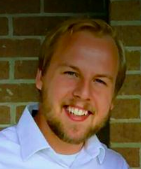
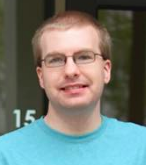
 The Ex Libris Project, three graduate students from the University of Wisconsin iSchool talk about their experience with a two-year digital humanities project researching and visualizing the stories of the people behind three manuscripts in Memorial Library’s Special Collections.
The Ex Libris Project, three graduate students from the University of Wisconsin iSchool talk about their experience with a two-year digital humanities project researching and visualizing the stories of the people behind three manuscripts in Memorial Library’s Special Collections.
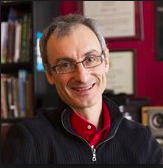 Martin Foys, Professor of English, talks about the continuity of humanist data – from analog to digital – over the last three decades. In particular, he speaks about the successes and challenges he encountered before being able to release his latest project, Digital Mappa – an online environment for annotating and linking collections of texts and images.
Martin Foys, Professor of English, talks about the continuity of humanist data – from analog to digital – over the last three decades. In particular, he speaks about the successes and challenges he encountered before being able to release his latest project, Digital Mappa – an online environment for annotating and linking collections of texts and images.
 Eric Hoyt, Associate Professor in Media and Cultural Studies talks about his extensive participation in digital humanities that started while he was a doctoral student and continues at the University of Wisconsin, Madison – from the Digital Media Library to his most recent project, PodcastRE, supported by NEH and UW2020 grants.
Eric Hoyt, Associate Professor in Media and Cultural Studies talks about his extensive participation in digital humanities that started while he was a doctoral student and continues at the University of Wisconsin, Madison – from the Digital Media Library to his most recent project, PodcastRE, supported by NEH and UW2020 grants.
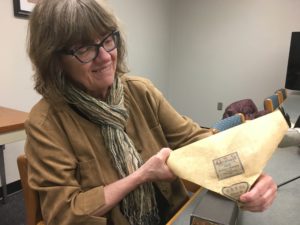
Robin Rider, a librarian in the University of Wisconsin’s Memorial Library Special Collections, as well as a senior lecturer in the History Department, has seen enormous change in the way librarians manage data and the possibilities for humanist inquiry during the past two decades.
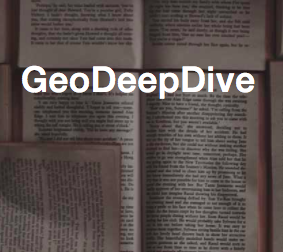
GeoDeepDive, a team of geoscientists, computer scientists, developers and librarians that have developed “A digital library and cyberinfrastructure facilitating the discovery and utilization of data & knowledge in published documents.”
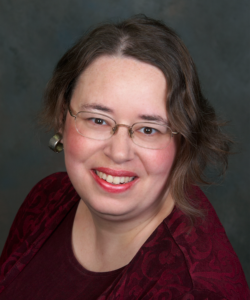 Dorothea Salo, faculty associate at the University of Wisconsin iSchool, talks about Digital Humanities in the classroom and in the RADD (Recovering Analog and Digital Data) housed in the iSchool library.
Dorothea Salo, faculty associate at the University of Wisconsin iSchool, talks about Digital Humanities in the classroom and in the RADD (Recovering Analog and Digital Data) housed in the iSchool library.
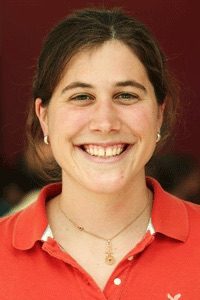
Christina Koch, Research Computing Facilitator at the University of Wisconsin’s Center for High Throughput Computing, talks about her role as a facilitator who helps most scholars in science, but some from the humanities, who conduct research projects needing computers and programs with the capacity for large scale computational in short periods of time.
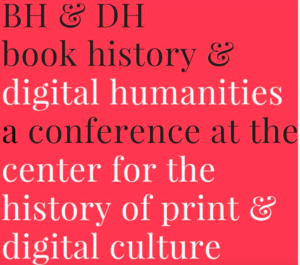 10 Short Audio Clips from the BH and DH conference attendees.
10 Short Audio Clips from the BH and DH conference attendees.
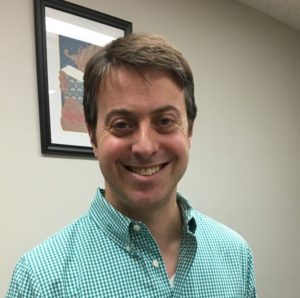 Alan Rubel, assistant professor in the iSchool and Legal Studies program at the University of Wisconsin talks about his thoughts on the ethical concerns involved in humanistic inquiry and Information Communication Technologies.
Alan Rubel, assistant professor in the iSchool and Legal Studies program at the University of Wisconsin talks about his thoughts on the ethical concerns involved in humanistic inquiry and Information Communication Technologies.
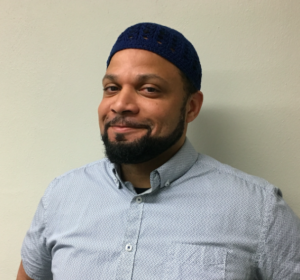 Reginold Royston, assistant professor at the University of Wisconsin’s iSchool, talks about how digital humanities plays a large role in his research and pedagogy.
Reginold Royston, assistant professor at the University of Wisconsin’s iSchool, talks about how digital humanities plays a large role in his research and pedagogy.
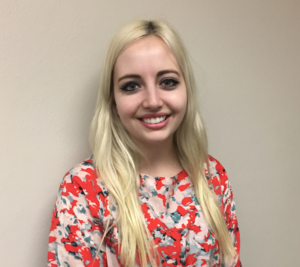 Brianna Marshall, head of Research Data Services, talks about her role as a librarian to support and promote digital humanities scholarship at the University of Wisconsin, Madison.
Brianna Marshall, head of Research Data Services, talks about her role as a librarian to support and promote digital humanities scholarship at the University of Wisconsin, Madison.
 Bronwen Masemann, instructor at the iSchool at the University of Wisconsin, Madison talks about how she incorporates digital humanities in her Digital Humanities Analytics class (LIS 640).
Bronwen Masemann, instructor at the iSchool at the University of Wisconsin, Madison talks about how she incorporates digital humanities in her Digital Humanities Analytics class (LIS 640).
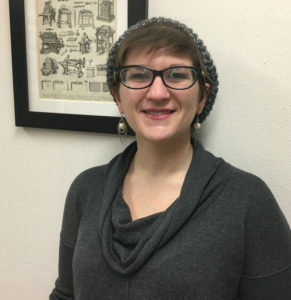 Diedre Stuffer, graduate student in the English Department talks about her work on the Visualizing English Print Project.
Diedre Stuffer, graduate student in the English Department talks about her work on the Visualizing English Print Project.